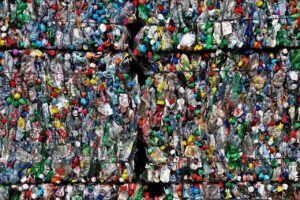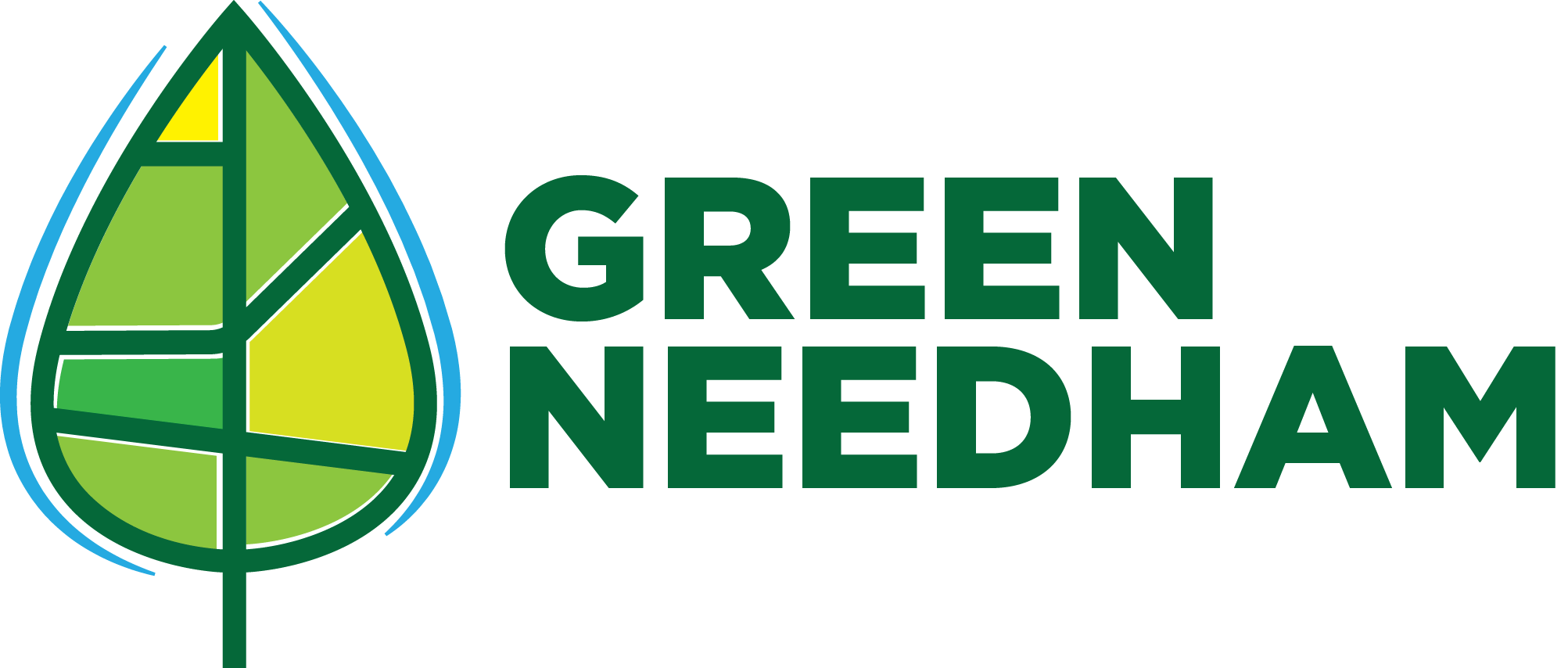 What can we do about the relentless and concerning increase in the production of plastics and plastic waste? According to a report from statista.com, in just the last two decades, global plastic production has doubled to a staggering 400.3 million metric tons in 2022. Since less than 10% of plastics are recycled, the majority ends up in landfills, incinerators or the environment.
What can we do about the relentless and concerning increase in the production of plastics and plastic waste? According to a report from statista.com, in just the last two decades, global plastic production has doubled to a staggering 400.3 million metric tons in 2022. Since less than 10% of plastics are recycled, the majority ends up in landfills, incinerators or the environment.
Working on the local level, Green Needham’s Plastics Reduction Team recently submitted a citizens’ petition for an expanded single-use plastics ban, for inclusion on the May 2024 Town Meeting Warrant. This petition calls for a two-phase ban that reaches beyond last year’s ban on single-use plastic bags.
What’s included in the ban
Phase 1 of the proposed measure, which would go into effect on January 1, 2025, calls for a town-wide ban on the following items:
- Polystyrene (Styrofoam) containers
- Plastic straws (unless specifically requested by patrons)
- Plastic stirrers
- Splash guards/sticks – small plastic pieces that go into the hole on the cup lid to prevent spills
Phase 2, which would go into effect on January 1, 2026, bans single-use plastic water bottles with a volume of 1 liter or less.
Why these items
The Plastics Reduction Team has decided to focus on these items because of their impact on human health and the environment. For the most part, these items are also either unnecessary or easily replaced with less harmful products.
Polystyrene, commonly known by its brand name Styrofoam, is a nonbiodegradable material made from the chemical styrene. Styrene has the potential to leach into food and drinks served in Styrofoam containers. The International Agency for Research on Cancer (IARC), the specialized cancer agency of the World Health Organization, has classified styrene as a probable carcinogen to humans. Long-term exposure to styrene has also been found to cause liver, gastrointestinal, and central nervous system effects. Restaurants that use Styrofoam containers can switch to reusable, compostable, or recyclable containers instead.
Plastic straws, stirrers and splash guards contribute to litter, clog street drainage, and can end up in water systems where they degrade into harmful microplastics. Plastic straws and stirrers are consistently among the top 10 items found during the Ocean Conservancy’s International Coastal Cleanup each year. The proposed ban will encourage consumers to think about whether they really need a straw, and would prohibit food establishments from automatically including one in beverage containers and take-out bags. Patrons who do need a plastic straw will be able to get one upon request. For plastic stirrers, wooden versions are a simple and more environmentally friendly option.
Plastic water bottle consumption has increased to an estimated 50 billion sold in the United States annually. With recycling rates hovering around 29% for plastic water bottles, the majority end up in landfills, incinerators or the environment – where they break down into microplastics and leach toxic chemicals into the air, soil and water, threatening our food chain.
Recent research has found that an average 1-liter bottle of water contains approximately 240,000 particles of nanoplastic. A new study in the New England Journal of Medicine found that patients with nanoplastics in their blood vessels were four and a half times more likely to suffer a heart attack, stroke, or death than those without. While no one has said that drinking from a plastic water bottle will give you a heart attack, these new findings should give everyone pause.
While the Plastics Reduction Group acknowledges the higher cost of water packaged in glass bottles or aluminum cans, we believe the health and environmental risks posed by single-use plastic water bottles warrant the change. Understanding that retailers may need time to secure alternative single-use water options in aluminum or glass packaging from their distributors, our proposed ban will not phase out plastic water bottles until January 2026. This should give businesses and consumers ample time to adapt to the change. Encouraging the use of reusable water bottles is also essential. We are fortunate to reside in a town with access to high-quality tap water; we can even just choose to drink from the tap.

Submitted by Karen Partridge and Kathy Raiz.

